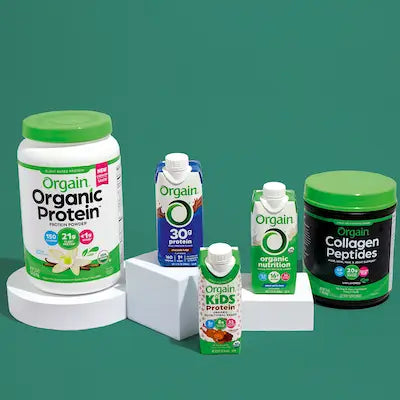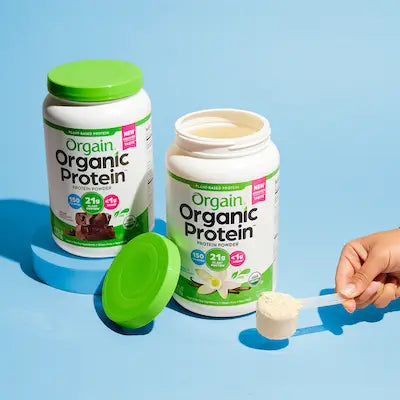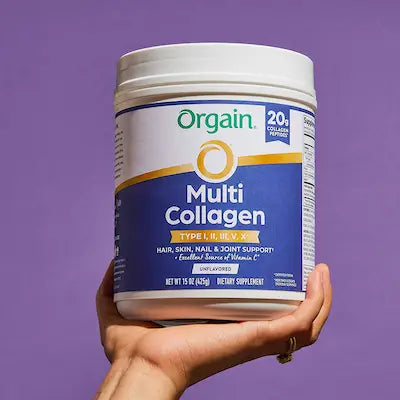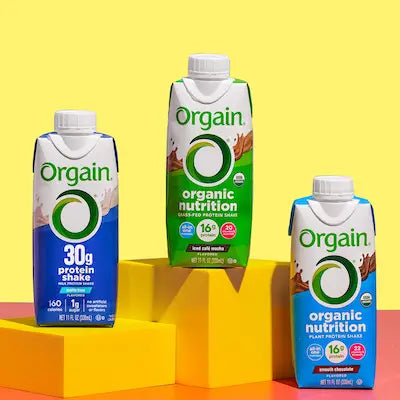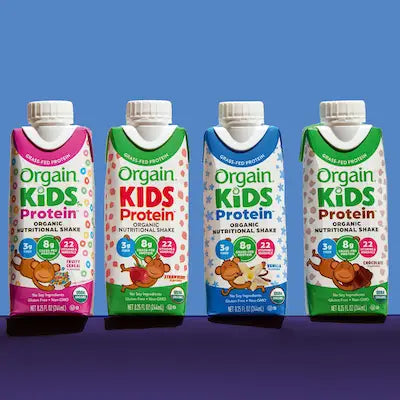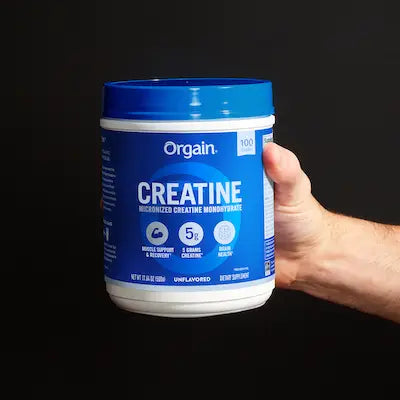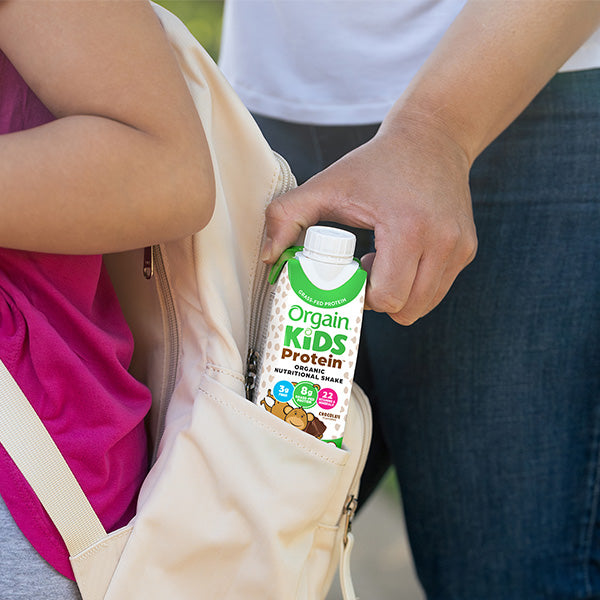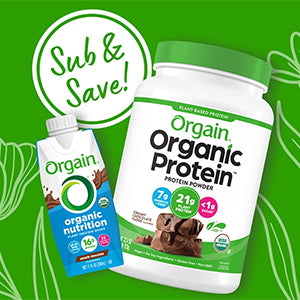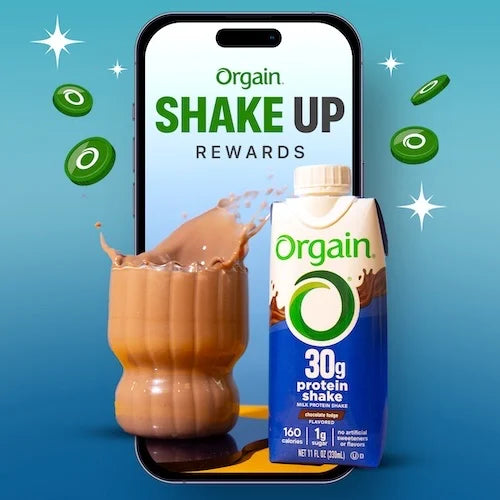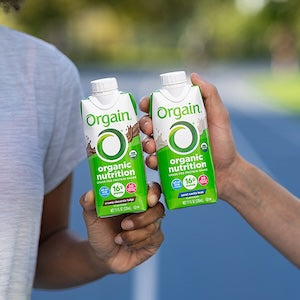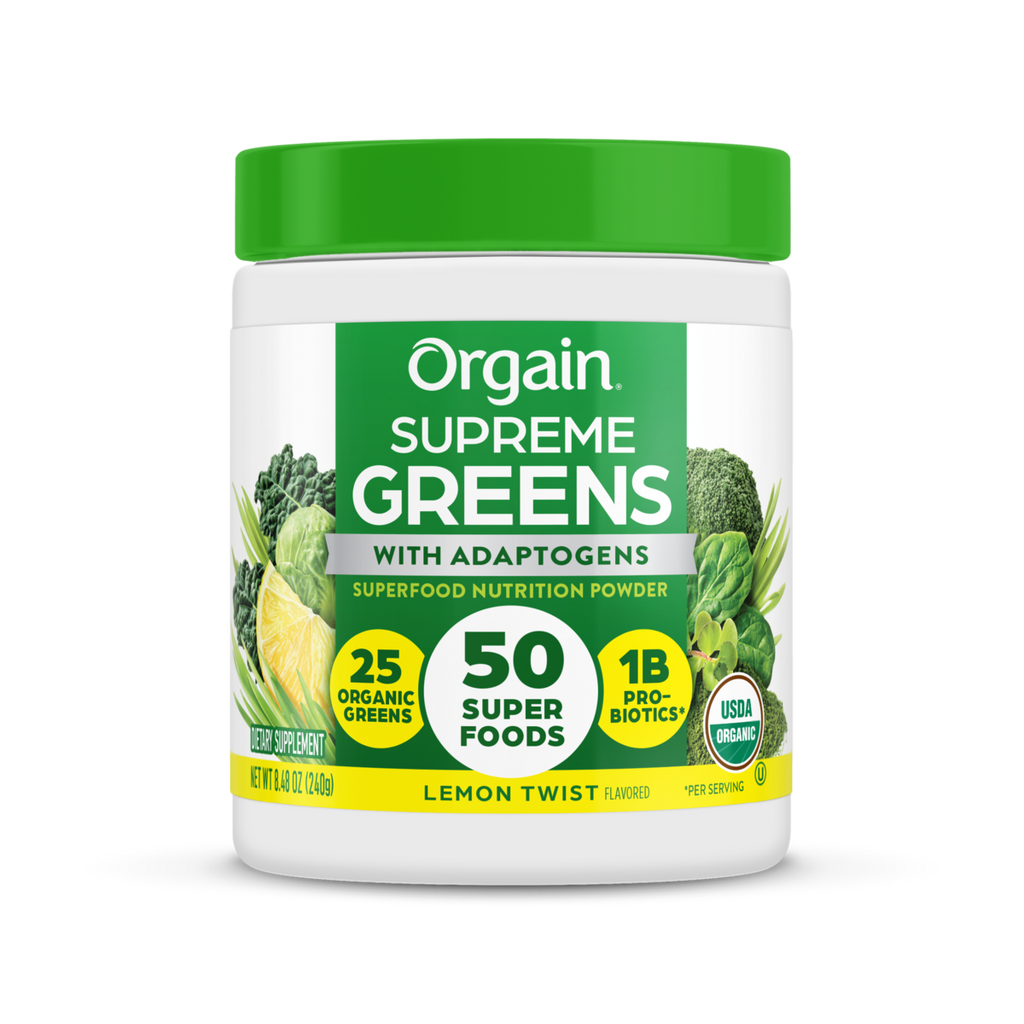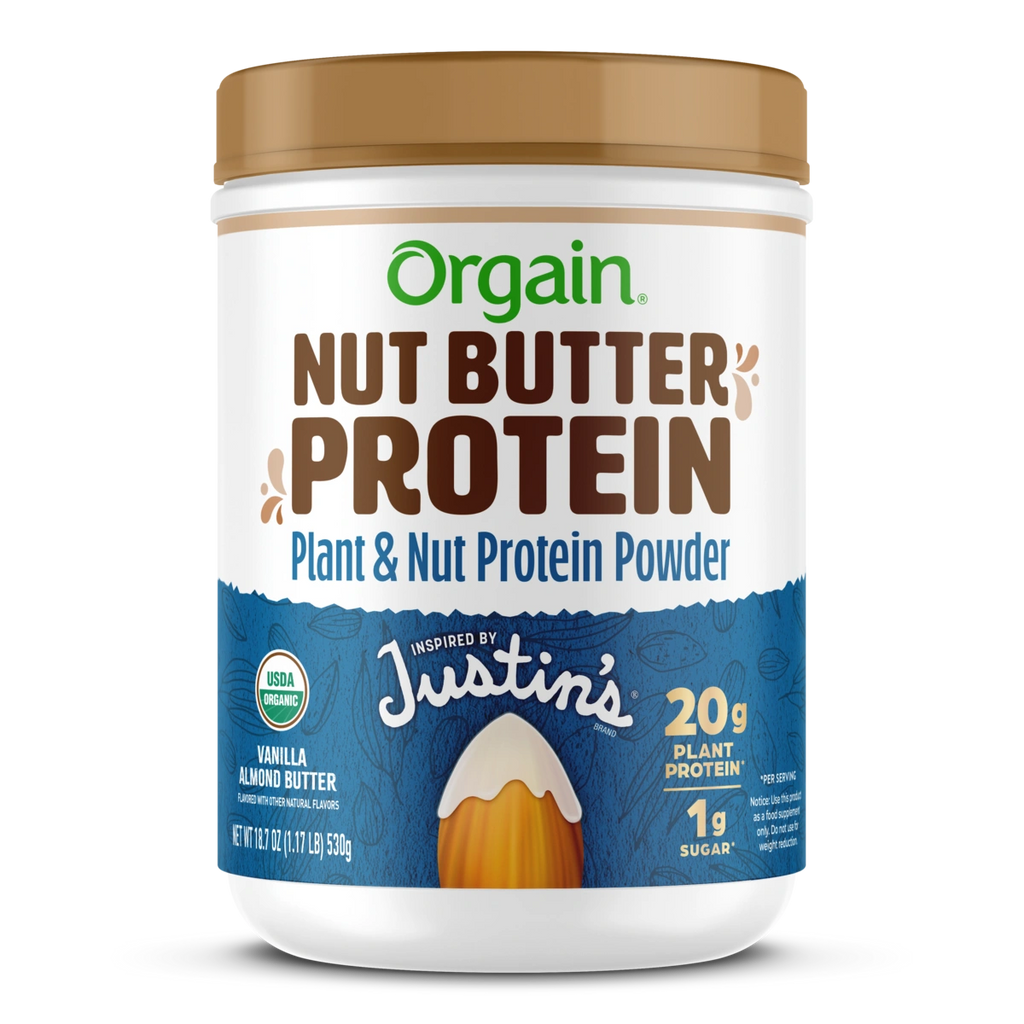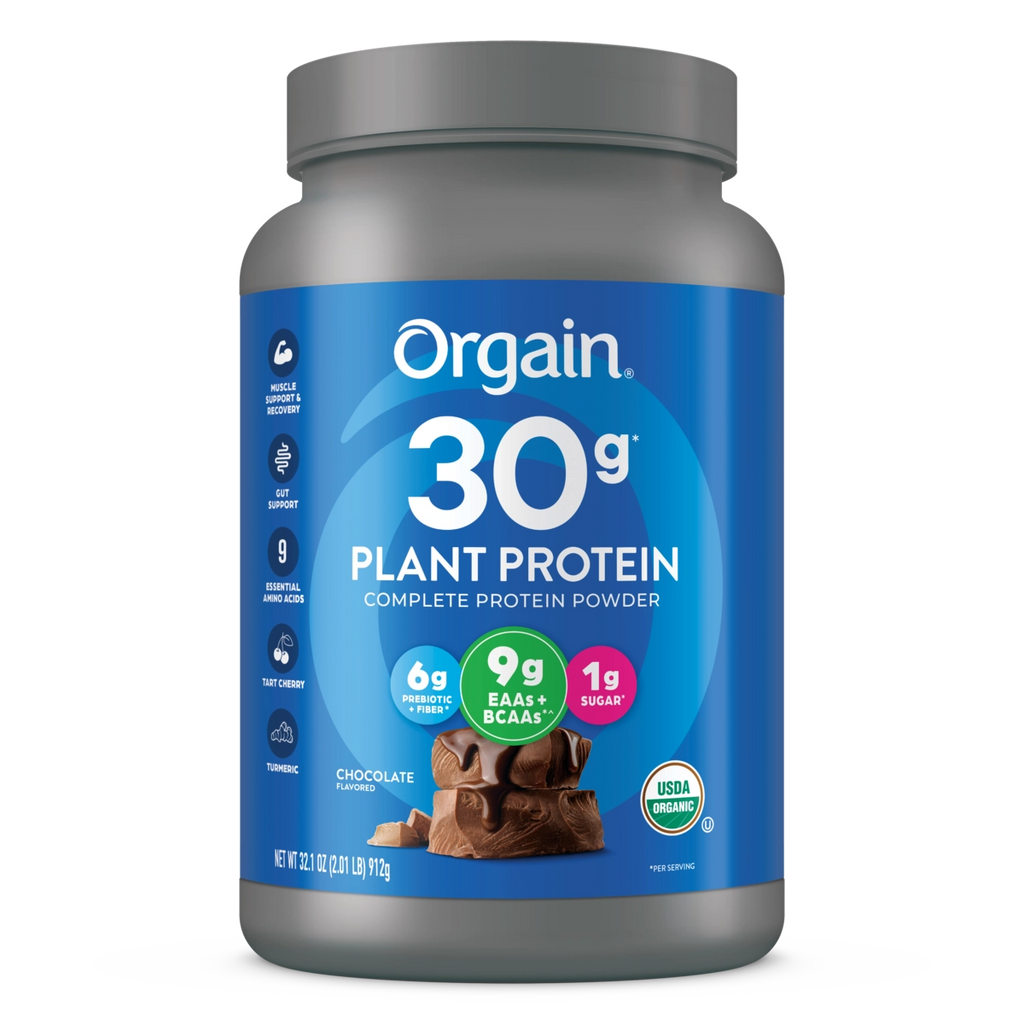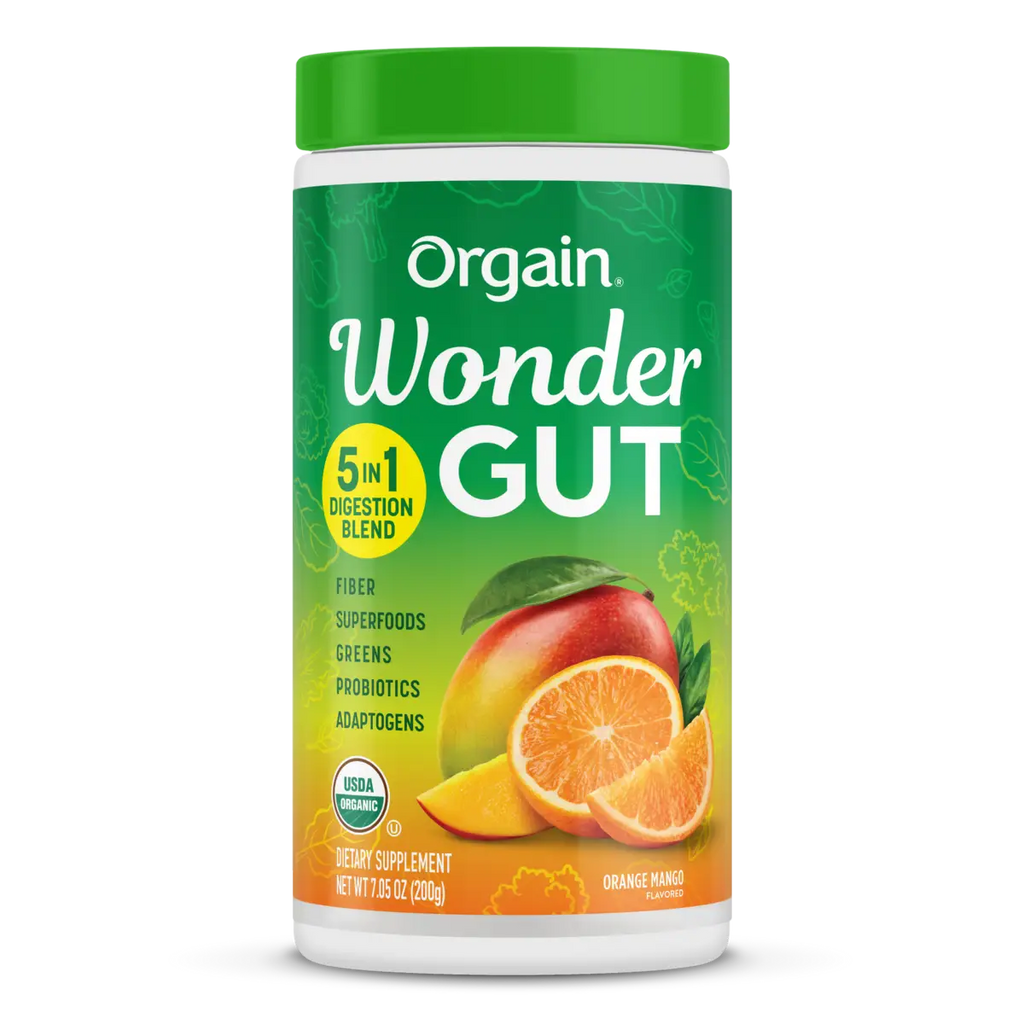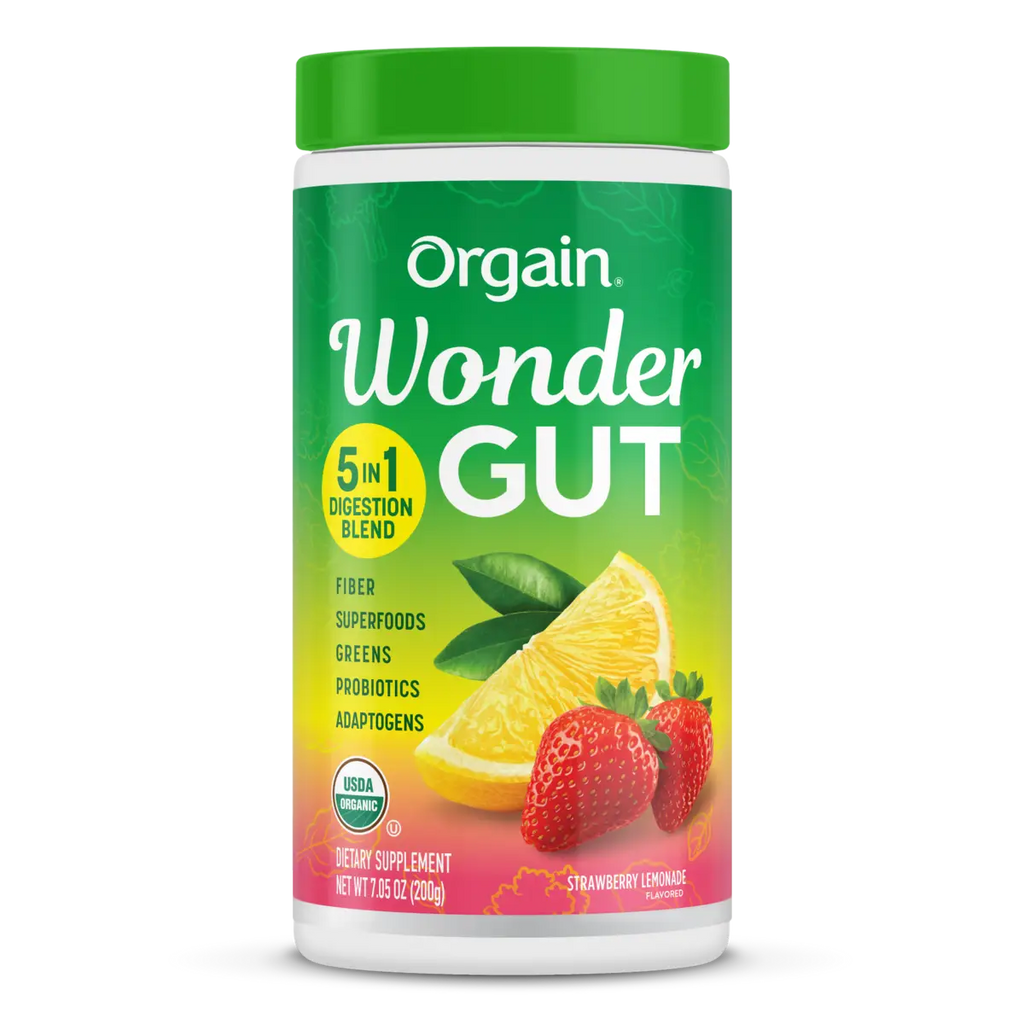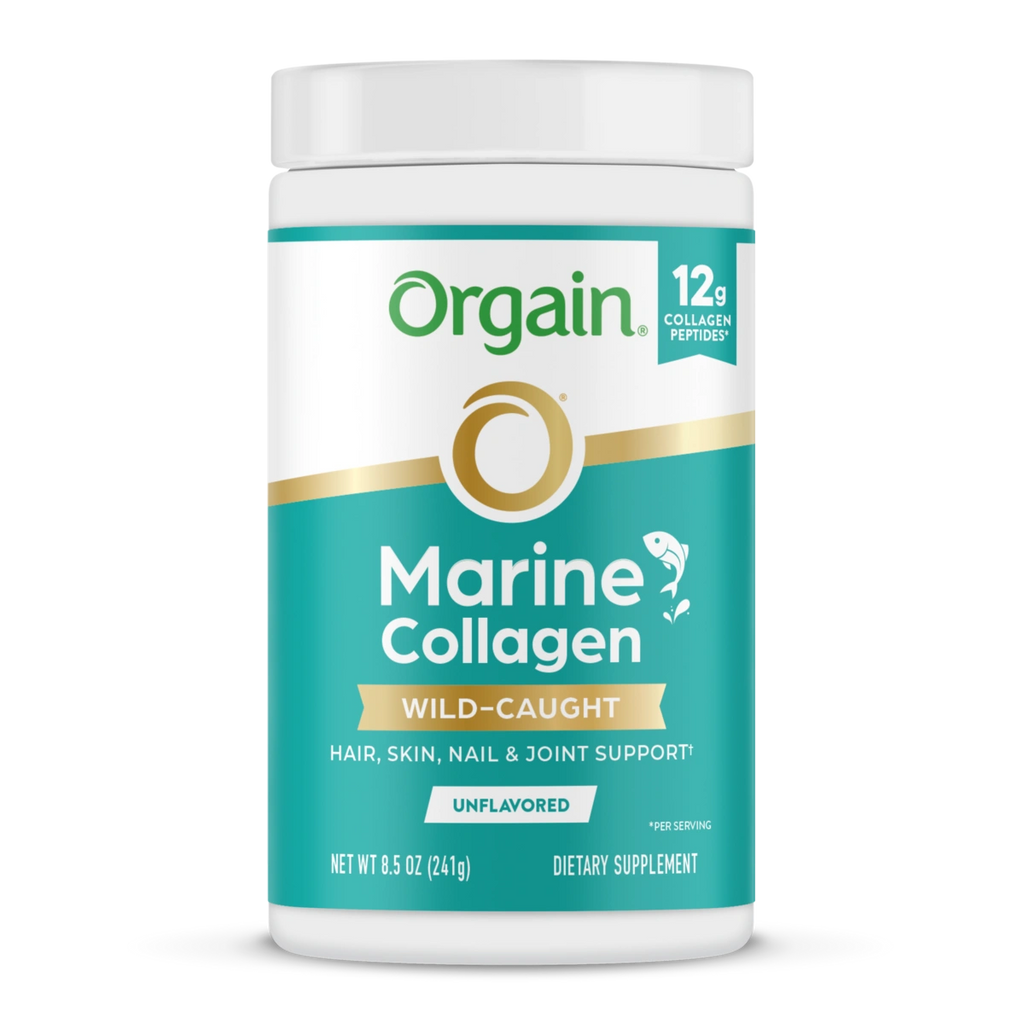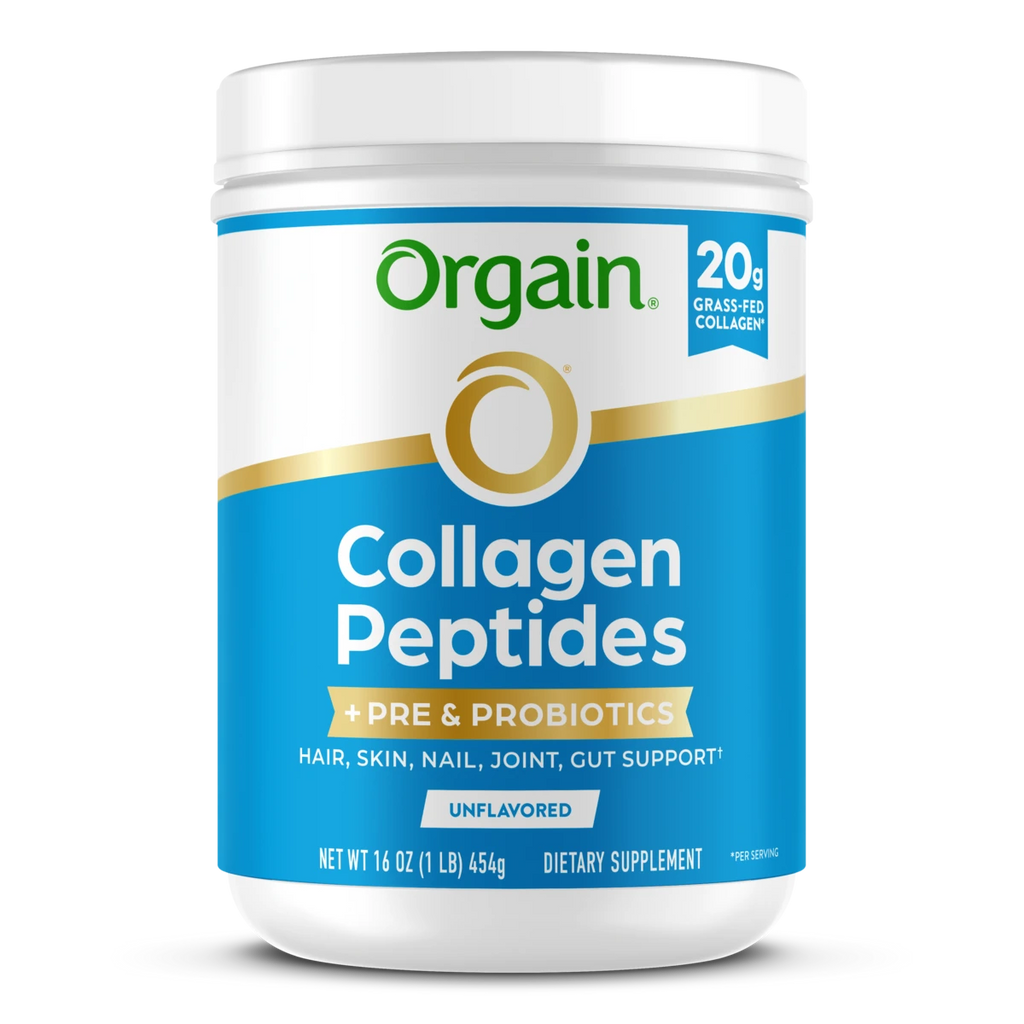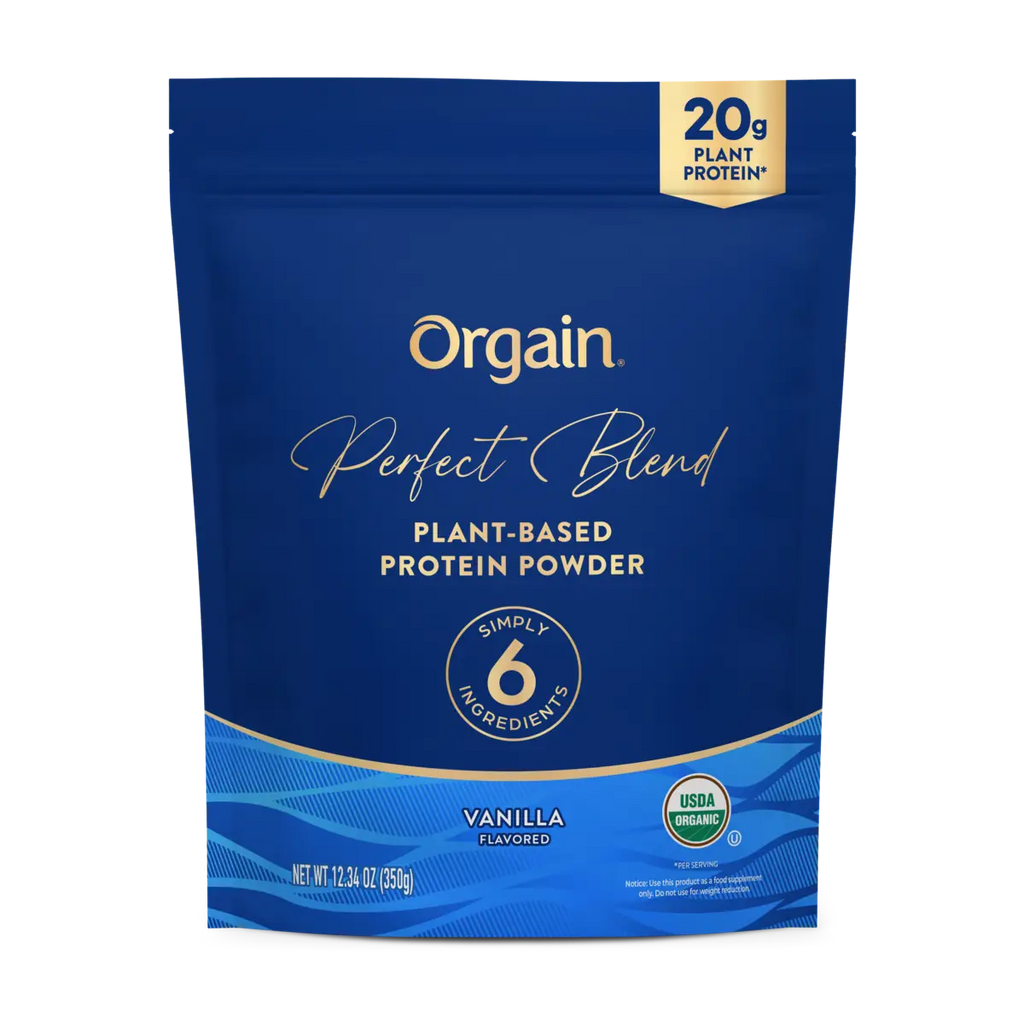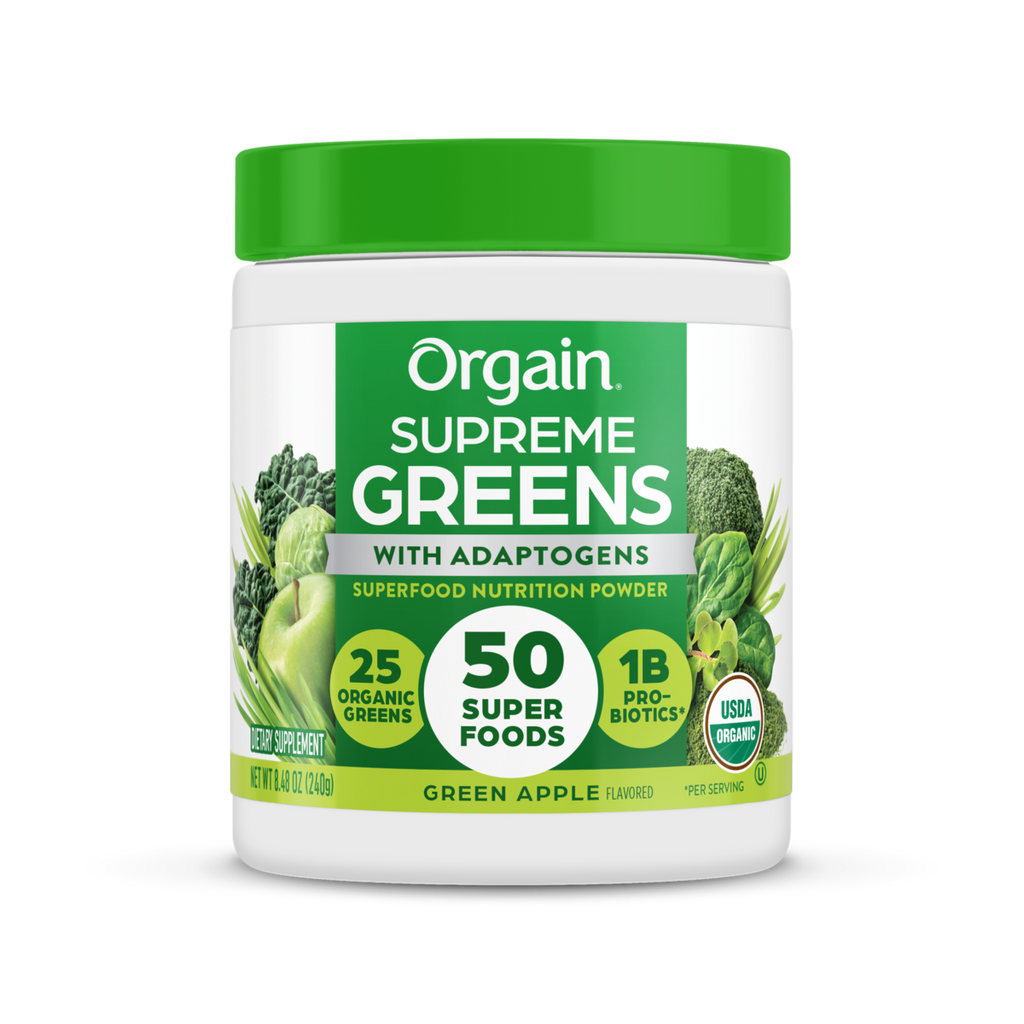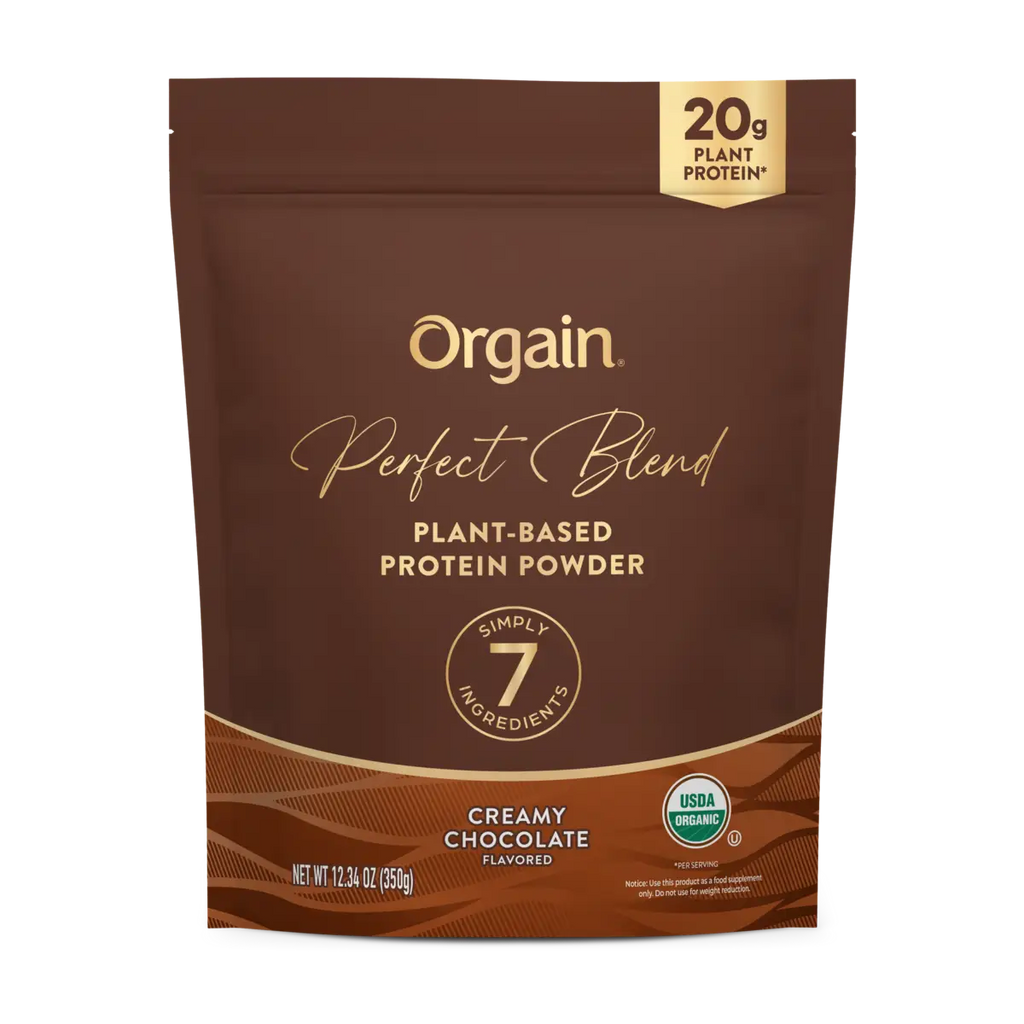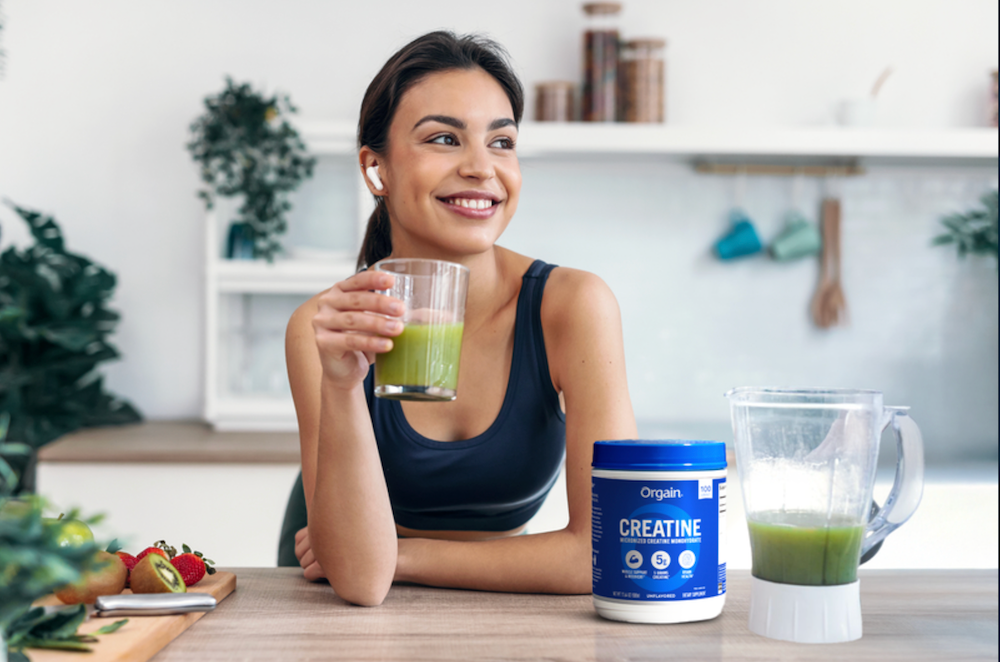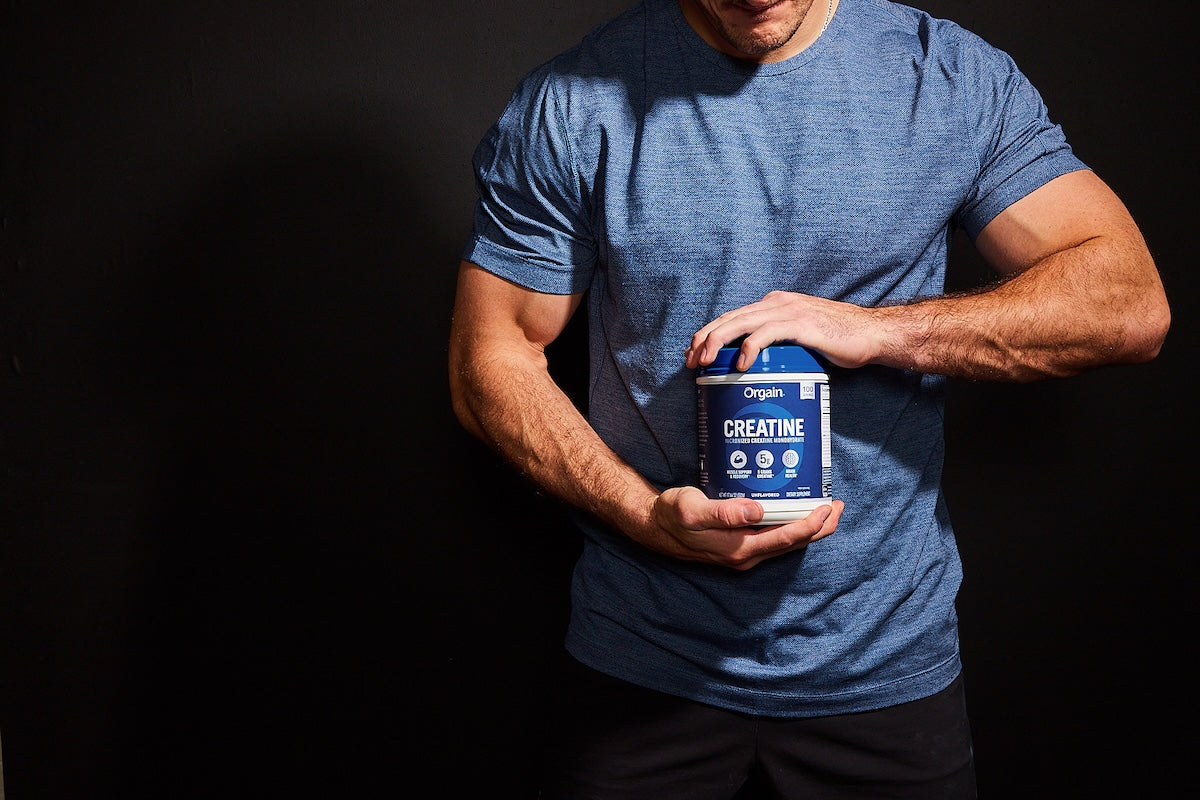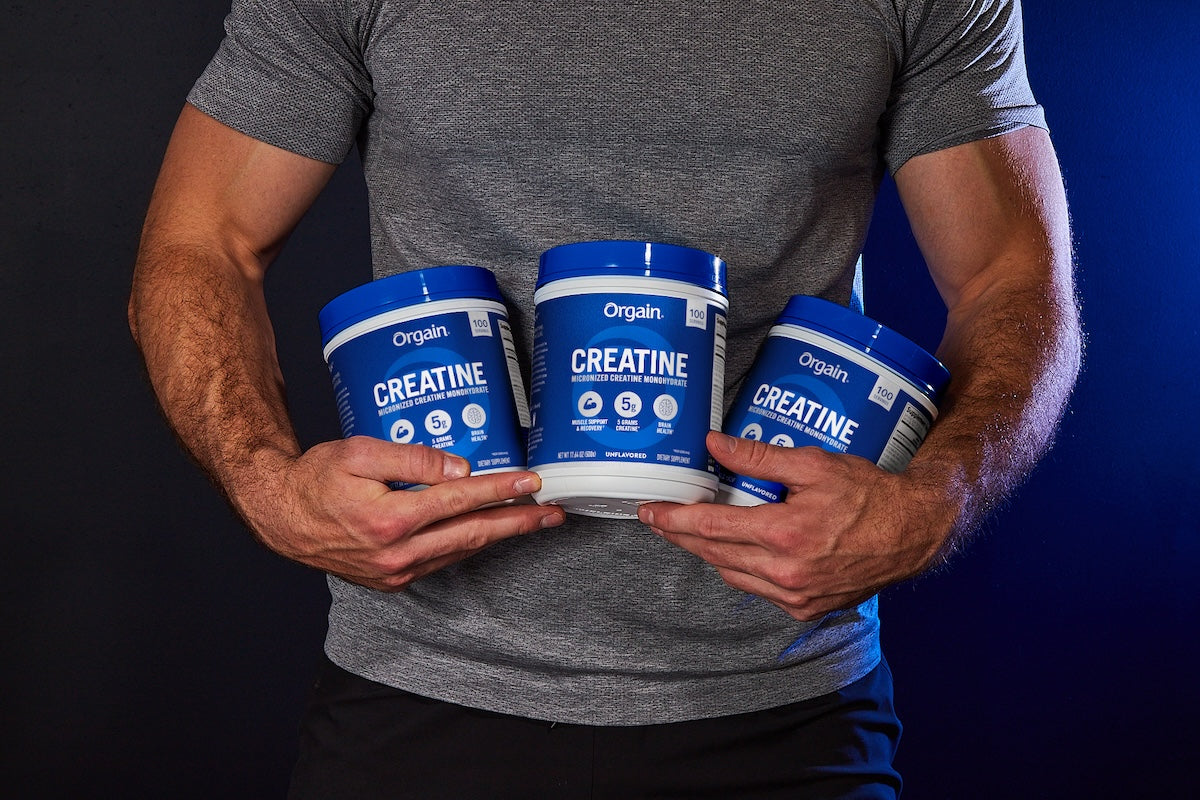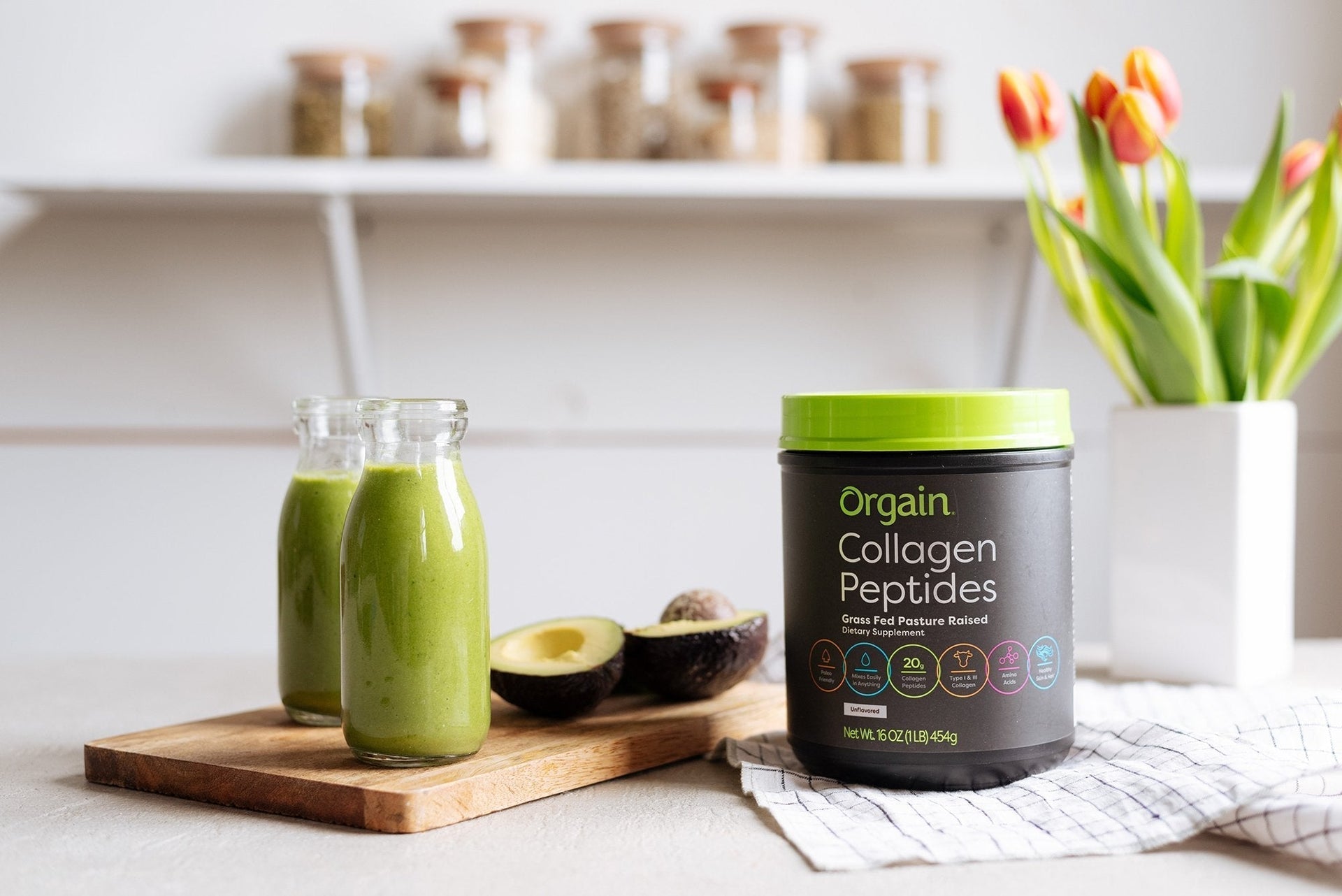You may be wondering, what is the best pre-workout? People who are trying to maximize their performance during a workout or athletic event are constantly bombarded with tips about what to eat or drink before, during, or after a tough effort.
One of the terms you might hear thrown around is “pre-workout,” which is discussed in reference to something you consume prior to a workout or athletic event. If you’re looking to level up your athletic performance, you might be asking “what is pre-workout?” and find yourself curious about how it might help your workouts.
We’ve put together your complete guide for everything you need to know about pre-workout.
What is pre-workout?
The term “pre-workout” is used to refer to certain supplements that are designed to be taken prior to exercising. Pre-workout supplements usually contain a variety of ingredients that promise to support feelings of increased energy and improve your athletic performance in the gym or on the field, and they typically come in a powdered form.
There are tons of different formulas for pre-workout supplements, and you’ll find lots of different ingredients, some of which have been proven to be more effective than others. Pre-workout can come in the form of pre-workout powder, gummies, or even pills.
What are some common ingredients in pre-workout supplements?
As noted above, pre-workout is intended to maximize your body’s athletic performance during exercise. Studies have shown that certain ingredients that may be included in pre-workout can improve your performance.
Caffeine in Pre-Workout
One of the most common ingredients you’ll find in pre-workout supplements is caffeine. Caffeine improves your focus, increases mental alertness, and can also boost your energy level, which is especially important during those early morning workouts. Reports have linked caffeine consumption to benefits including improved mental alertness, better exercise performance, increased fat burning, and improved memory.
Creatine in Pre-Workout
The body naturally produces creatine and stores it in the muscles, where it is used to facilitate the production of energy and improve muscular strength. You may have heard of creatine supplements, as the compound is often sold on its own and used by weightlifters and other athletes who require a lot of muscular strength. Creatine is commonly included in pre-workouts because studies show that adding extra creatine to your diet can lower your recovery time, increase muscle mass and strength, and improve overall exercise performance.
Nitric oxide precursors in Pre-Workout
The body makes nitric oxide from compounds including L-arginine and L-citrulline and uses it to improve blood flow by helping the blood vessels relax. Increased blood flow helps your body send more oxygen and nutrients to the muscles, which can be beneficial during exercise or athletic performance. Although the evidence around the benefits of nitric oxide precursors are small, they do show the potential for enhanced athletic performance.
Are there any side effects associated with pre-workout supplements?
Although pre-workout supplements do have the potential to help boost your athletic performance and energy level during exercise, some people experience side effects while using the supplements. Each person will process pre-workout differently and the side effects may vary depending on the ingredients of the supplement, but some side effects are particularly common.
Jittery feeling
With the majority of pre-workout supplements containing caffeine, it’s no surprise that pre-workout supplements can make you feel jittery and can cause other side effects associated with excess caffeine consumption, including insomnia, increased heart rate, headaches, anxiety, and nausea. Pre-workout supplements can contain up to 500 mg of caffeine per serving, which is about five times the amount of caffeine found in a cup of coffee, so make sure to check that label especially if you’re caffeine-sensitive.
Digestive upset
Digestive upset is another common side effect of pre-workout formulas, particularly those containing caffeine, creatine, sodium bicarbonate, and magnesium. The most common type of digestive upset experienced is diarrhea due to caffeine and magnesium inclusion, but some people may experience nausea, bloating, or constipation.
Water retention
Some people experience water retention when using pre-workout as a result of the inclusion of creatine in the ingredients. Creatine use has been found to cause water retention, weight gain, bloating, and digestive issues. The side effects from creatine can sometimes be avoided by gradually building up your tolerance to the pre-workout.
Headaches
Some pre-workout supplements contain citrulline, which can cause headaches by increasing the blood flow to the muscles and brain. These headaches are the result of blood pressure changes in the small blood vessels located in the brain, and they’re more likely to occur the more citrulline is included in your supplement.
Other side effects
Depending on the ingredients included in your pre-workout, some supplements may cause other side effects as well. Beta alanine, an amino acid that is commonly included in pre-workout supplements, can cause a tingling sensation in the hands and feet that is harmless but can be uncomfortable. Niacin, also known as vitamin B3, can cause your skin to become red and blotchy by sending blood rushing to the surface of the skin.
Do pre-workout supplements work?
Pre-workout supplements are increasing in popularity, but do they actually work?
Studies show that pre-workout formulas may help increase your exercise capacity if you’ve been working out consistently for at least six months or longer. People who workout regularly and are seeking to improve their performance may benefit from the use of a pre-workout.
However, regardless of whether or not you choose to use a pre-workout, your body will still benefit from exercise and you can still achieve your desired results, particularly when paired with a healthy, balanced diet.
Not all pre-workout supplements are created equally or use effective ingredients, so before trying one, make sure to check the label and ingredients list.
Should you take a pre-workout supplement?
The choice to use a pre-workout supplement is a personal one. As noted above, the use of a pre-workout supplement isn’t necessary in order to achieve results from your workout routine, but people who have been working out regularly for at least six months may see their athletic performance improve by incorporating a pre-workout supplement into their routine.
When deciding to take a pre-workout, there are a few things to consider, including:
- The length of time you have been working out regularly
- Your body’s sensitivity to the pre-workout supplement’s ingredients
- Your personal goals
- Your current diet
Some people may have medical conditions that make them more likely to experience side effects when using pre-workout supplements, such as heart issues, digestive troubles, and more. Therefore, you should talk to your doctor if you have any health issues that may cause issues when combined with a pre-workout.
Additionally, it’s important to consider your personal goals. If weight loss is one of your goals, make sure that the pre-workout supplement you choose is low in calories and added sugars or you risk undoing some of the hard work you’re putting in in the gym. Find the best pre-workout for you that fits into your daily diet.
Finally, if your current diet isn’t healthy and balanced, start there first, then add in a pre-workout supplement. You’re more likely to get the results you’re looking for, and your body will get a serious boost.
Summary
Pre-workout supplements can offer an energy boost and improved athletic performance for people who have been working out regularly for at least six months.
Make sure to choose a pre-workout supplement that contains ingredients proven to improve your performance, like Orgain’s Sport Energy Powder.
Sources:
https://www.healthline.com/nutrition/pre-workout-supplements
https://www.healthline.com/nutrition/pre-workout-side-effects
https://www.verywellfit.com/can-a-pre-workout-product-improve-physical-fitness-4154378
https://www.health.com/fitness/what-is-pre-workout
https://pubmed.ncbi.nlm.nih.gov/30977054/
https://pubmed.ncbi.nlm.nih.gov/28615996/
